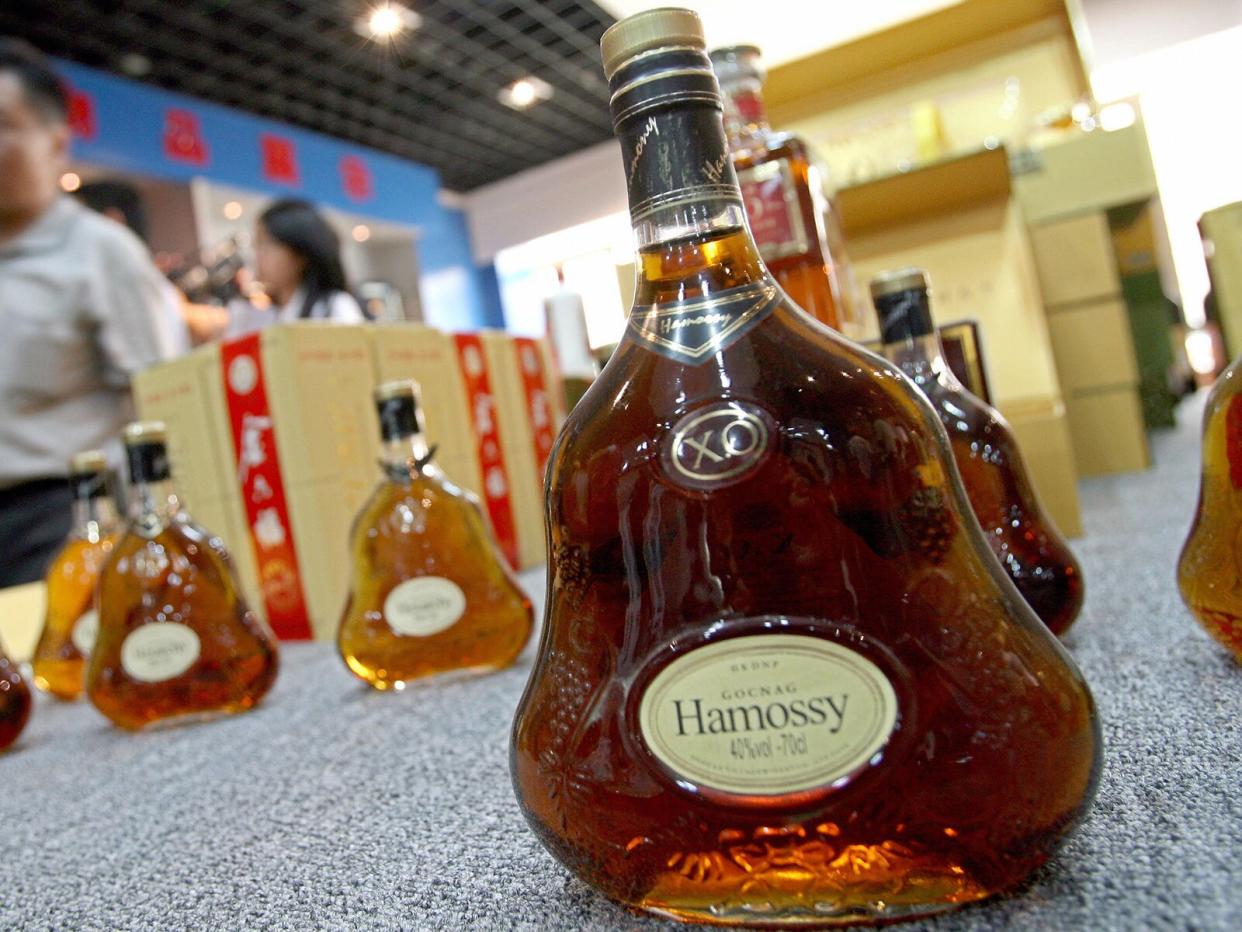Fighting Food Fraud Takes Technology and Spies

TEH ENG KOON / Getty Images
As concern for food transparency and traceability grows, companies like New York-headquartered Inscatech, are emerging to combat food industry fraud. The fraud issue encompasses those horse meatballs found at Ikea a few years back and counterfeit wine. It also means the addition of unapproved chemical enhancements in processed foods, and the high likelihood (4 in 10) that the halibut is mislabeled as flounder at your favorite seafood haunt. At best, some fraud can result in food poisoning, at worse, death.
Inscatech claims that the problem costs the global food industry between $10-50 billion a year. Founder, Mitchell Weinberg told Bloomberg that worldwide, they detect fraud 70% of the time. In China, a major exporter of food globally, that number is closer to 100%. Working mainly with American companies who export products from China, Inscatech uses genetic tests and molecular markers to verify a product's authenticity. They also have informants on the ground to provide this data, or "food spies."
Meanwhile, other companies, including Walmart, are testing bitcoin technology known as blockchain, to track supply chains. The company opened the Walmart Food Safety Collaboration Center in Beijing in October. With 400 stores in China and a lot to lose, they recently completed a trial tracking their pork's supply chain. Frank Yiannas, the corporation's food safety vice-president, told Bloomberg that blockchain allowed Wal-Mart to track the meat's origin within seconds. The process normally takes a minimum of 26 hours. This record speed could have immense potential when a product needs to be recalled, allowing stores to remove the contaminated item off the shelves at much faster rates, likely saving lives.
However, both Inscatech approach and blockchain remain far from foolproof. While Inscatech must contend with the subjective unreliability of their on-the-ground informants, blockchain, is only in its pilot stages. But at least it's comforting to know there are people out there making sure that when we buy parmesan cheese, we're actually getting parmesan cheese.

